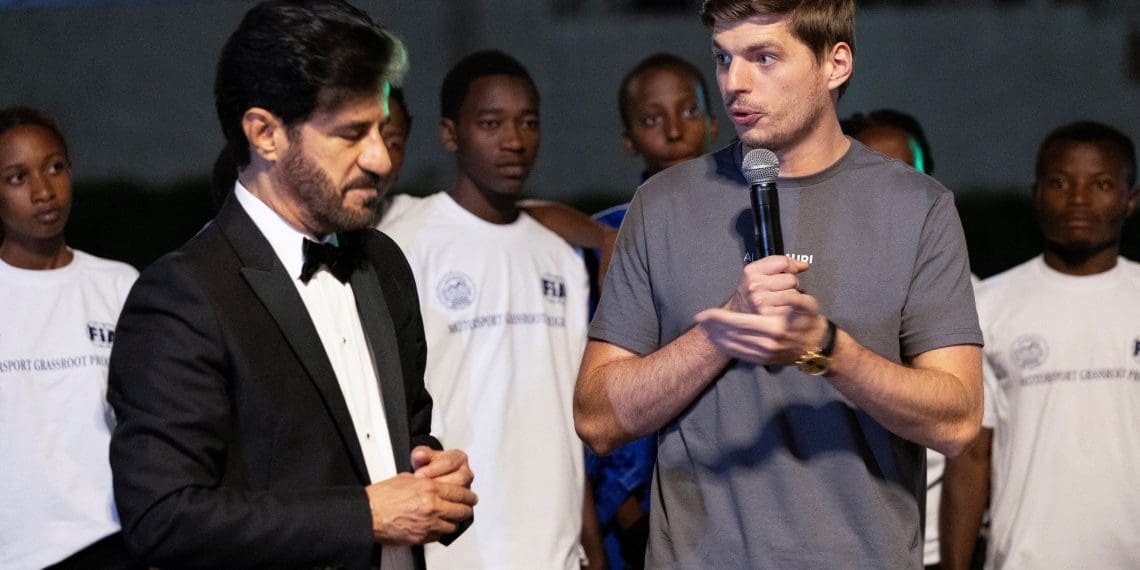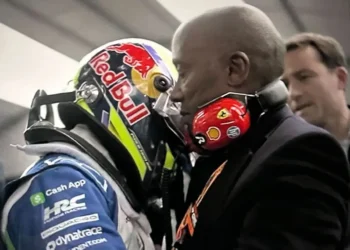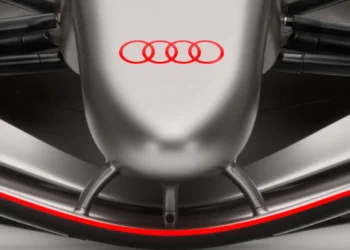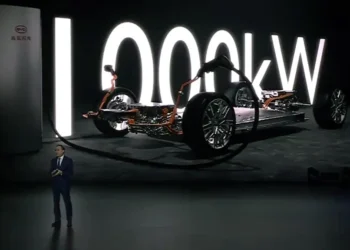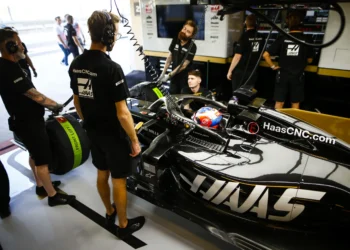Max Verstappen may have clinched his fourth Formula 1 World Championship in 2024, but his off-track actions in the wake of a controversial community service penalty have sparked admiration. FIA President Mohammed Ben Sulayem has praised the Dutchman’s efforts during his recent service in Rwanda, where Verstappen participated in a grassroots motorsport development program.
From Controversy to Contribution: Verstappen’s Community Service
Verstappen’s penalty stemmed from an incident during the Singapore Grand Prix weekend, where his public use of profanity during a press conference drew criticism. While Verstappen expressed disappointment over the ruling, he approached his community service with professionalism and humility, making a lasting impact by engaging with aspiring young drivers in Rwanda.
Collaborating with the Rwanda Automobile Club (RAC), Verstappen spent time with hundreds of children involved in karting and other grassroots racing activities. The FIA shared their gratitude on social media, acknowledging Verstappen’s willingness to embrace the opportunity.
“Giving back to the community. Thank you, Max,” the FIA posted on X, alongside images of Verstappen interacting with young racers.
Ben Sulayem’s Vision: Community Service as a Super License Requirement
FIA President Ben Sulayem commended Verstappen’s dedication, stating that he fulfilled his obligations with sincerity. Highlighting the broader significance of such initiatives, Ben Sulayem suggested that community service should become a mandatory requirement for acquiring a super license in Formula 1, rather than being limited to penalties.
“Everyone should contribute. Perhaps in the future, community service doesn’t have to be a punishment but becomes a mandatory part of the super license for Formula 1 drivers,” Ben Sulayem said.
He emphasized the importance of drivers giving back to communities, noting the value it brings to the sport’s global outreach and popularity.
Max Verstappen: Leading by Example
Verstappen’s time in Rwanda was a testament to his commitment to fostering the next generation of motorsport talent. He interacted with young boys and girls learning the ropes of karting and even worked alongside teams building and maintaining their cars.
“He [Verstappen] was there, he was with the young girls and boys who built the car, and there were also the girls karting for the first time. There were about hundreds of them,” Ben Sulayem said.
A New Era of Responsibility in Motorsport?
Verstappen’s actions could set a precedent for F1 drivers to take on greater community responsibilities. The FIA is reportedly considering integrating community service into the super license framework, a move that could reinforce the sport’s global image and accessibility.
This initiative aligns with the FIA’s broader mission to make motorsport more inclusive and inspiring for underrepresented communities. By leveraging the star power of F1 drivers like Verstappen, programs like the one in Rwanda could spark new interest and opportunities in regions traditionally underserved by motorsport.
What’s Next for Verstappen and F1?
As the 2024 season wraps up, drivers, including Verstappen, are set to enjoy a well-earned winter break. With the 2025 campaign on the horizon, the FIA’s push for mandatory community service could take shape, ensuring that Formula 1 drivers contribute not just on the track, but off it as well.
For Verstappen, his championship-winning legacy now includes a meaningful contribution to motorsport’s grassroots future—proving that even amidst controversy, he remains a leader both on and off the track.

